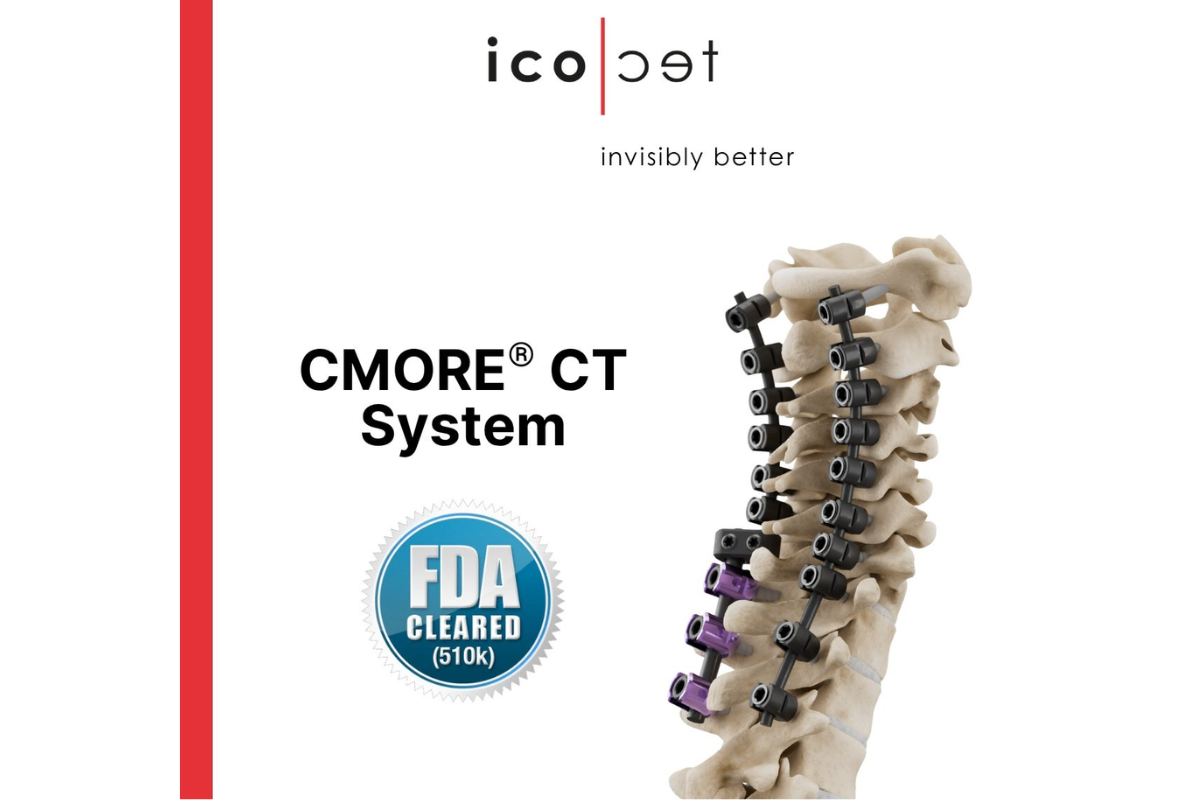A soft robotic sleeve which supports contraction of the heart muscle has been developed by researchers at Harvard University and Boston Children’s Hospital. The blood-free pump uses compressed air to contract along with the heart’s natural rhythm and strengthen the organ’s function.
Patients with heart failure are often outfitted with a left ventricular assist device (LVAD), which can prologue life. Unfortunately, these medical devices carry inherent risks, such as stroke, requiring patients to be prescribed anticoagulant drugs.
In comparison, the robotic device does not come in contact with a patient’s blood, eliminating the need for blood thinners and reducing the risk of infection. The soft robotic sleeve also doesn’t produce disruptive changes in blood flow that can lead to some of the negative side effects associated with LVADs.
The medical device is composed of silicone, and the size and fit can be adjusted on an individual basis. According to the researchers – whose article was published in the journal, Science Translational Medicine – the device could benefit patients on the transplant list who are waiting for a new heart.
“The cardiac field had turned away from idea of developing heart compression instead of blood-pumping VADs due to technological limitations, but now with advancements in soft robotics it’s time to turn back,” said Dr. Frank Pigula, a cardiothoracic surgeon, and one of the authors of the study. “Most people with heart failure do still have some function left; one day the robotic sleeve may help their heart work well enough that their quality of life can be restored.”
According to the Centers for Disease Control and Prevention (CDC), approximately 5.7 million adults in the US have heart failure. Within five years of diagnosis, around 50 percent of patients with heart failure will die of the condition.












Join or login to leave a comment
JOIN LOGIN